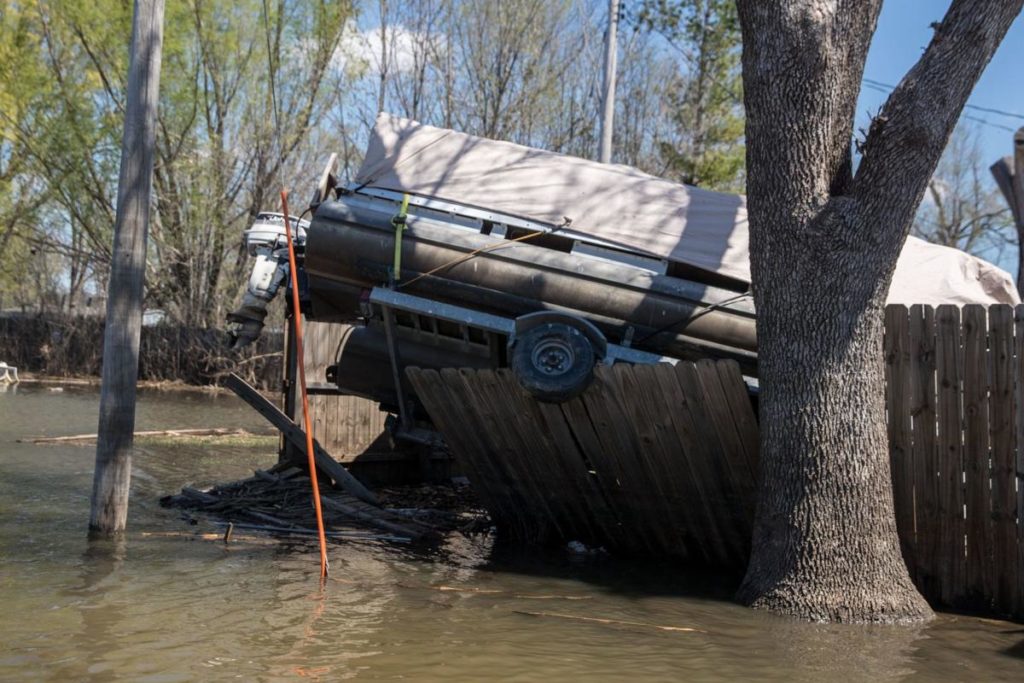Though stagnant water can be an appealing breeding ground for mosquitoes, it’s still early to know if floodwaters will impact this season’s mosquito population.
When the flooding occurred in March, temperatures were still cool. Cool weather is not conducive for mosquito development.
As warmer months bring potential for precipitation — and with that, potential for additional flooding — we could see a jump in mosquito numbers, officials with the Nebraska Department of Health and Human Services said.
The state will likely see floodwater mosquitoes, called Aedes vexans, said Jeff Hamik, vector-borne disease surveillance coordinator with the health department. It’s still to be determined whether there will be a jump in Culex mosquitoes that carry West Nile virus.
“Just because you have a lot of mosquitoes doesn’t necessarily mean you’re going to have an increase in risk for mosquito-borne illnesses,” Hamik said.
In the past, drought years have seen more cases of West Nile virus, Hamik said. That’s because when water is limited, birds and mosquitoes are more likely to congregate at the same water sources. Mosquitoes then pick up the virus from infected birds and can spread it to humans.
Officials should know more about mosquito counts a few weeks into peak season, which typically runs from late May through late September.
As the season picks up, they’ll determine if increased mosquito testing is necessary.
Hamik recommends wearing long pants and long-sleeved shirts, as well as wearing repellent. Avoid being out at dawn and dusk, when mosquitoes, particularly ones that carry West Nile virus, are active. Homeowners, including those affected by flooding, should be mindful of debris on their properties that might hold standing water. That can become a breeding ground for the pests.
“Always practice prevention,” Hamik said. “Mosquitoes don’t advertise if they’re infected with West Nile virus.”

















